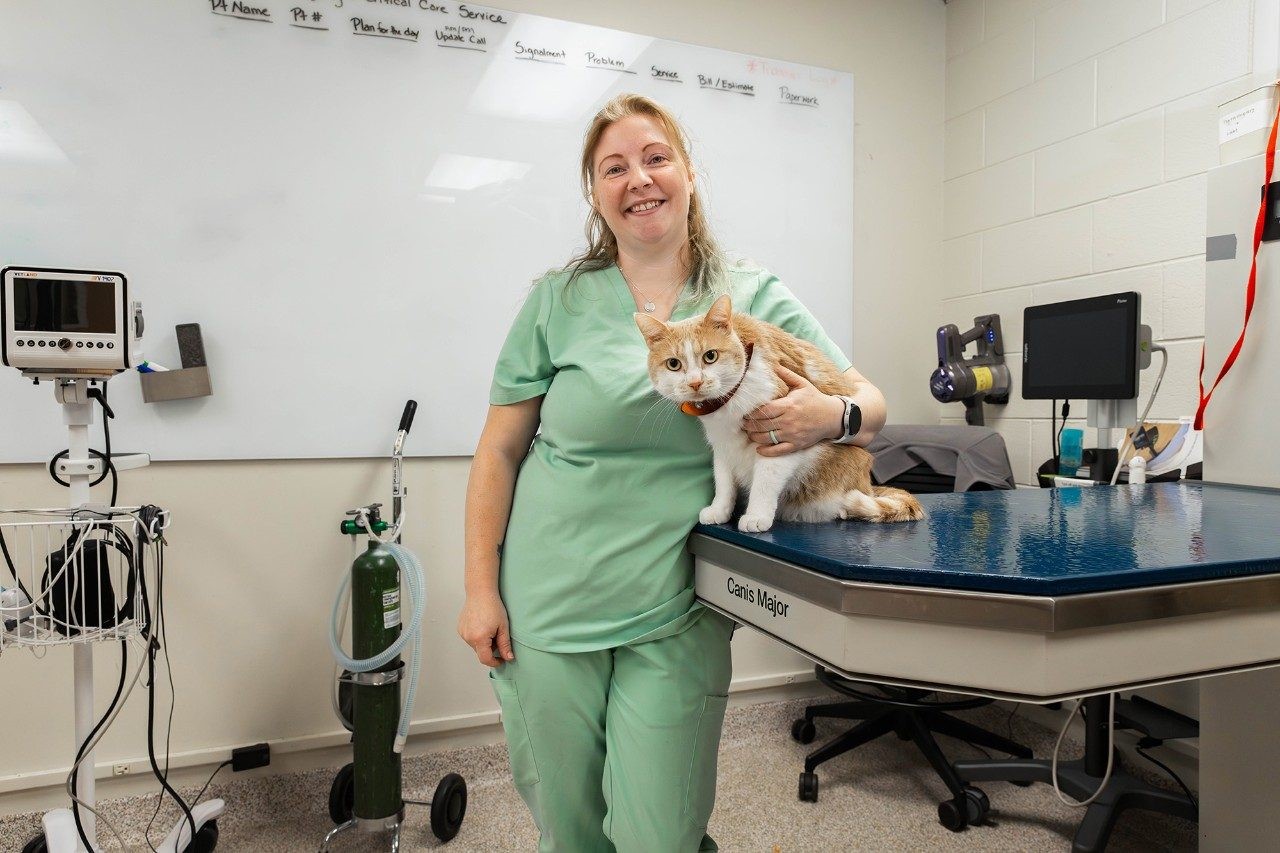Blood
Virginia Tech Veterinary Teaching Hospital searching for new pet donors for blood bank
BLACKSBURG, Va. (WFXR) — Normally, you hear about blood banks for people but have you ever heard of a blood bank for pets?
Just like us, pets sometimes require blood for specific medical conditions and even injuries. Raeann Foster, the Director of the Virginia Tech Veterinary Teaching Hospital (VTH), and clinical instructor of emergency and critical care medicine blood bank, says without an available blood supply the lives of pets can be put at risk.
But that’s where the Veterinary Teaching Hospital blood bank plays a vital role.
Dogs and cats have different blood types and the hospital is hoping to get as as many donors as possible. Furry friends owned by students, faculty, staff, and the community participate in the program; however, more cat and dog donations are needed.
While seeing the impact of the blood bank on a daily basis, Emergency Veterinary Technician Tiffany Luci stepped into action and enrolled two of her cats as donors.
“She’s a very well-behaved cat and doesn’t get stressed out by the hospital environment,” said Luci. “Being in emergency, I see the need for cat blood and that’s why we donate.”
The program uses regular blood work, preventative measures, and vaccines to ensure the health of donors. But a single donation can help save more than one life. The blood is separated into packed red blood cells and plasma. In fact, VTH says frozen plasma can last for several years and can help with research and treating diseases such as parvovirus in puppies.
To donate, dog and cat donors must meet an age and weight requirement and pass health screenings. The temperament of the donor animals also plays an important role in the success of the program.
“Dogs don’t have to be purebreds or show or hunting dogs like mine to donate. Almost all breeds and mixes are welcome and could make awesome donors, if they all meet the criteria,” explained Heidi Phillips, a lab technician at VTH.
During a time for crical need, the hospital may call donors to come in for an emergency blood draw. Along with being a donor, enrolled pets received benefits including annual exams, vaccination, and preventatives.
“People know about human blood donors through the American Red Cross,” said Darrell Coulter, who owns a 7-year-old boxer-pitbull mix donor named Topper. “But they don’t often think about what happens to the animals.”
The blood bank is currently recruiting cats and dogs to enroll in the blood donor program. Interested owners should fill out an application online to begin the screening process.
For more information about the program visit the Virginia Tech Veterinary Teaching Hospital website.

